Breaking
- MENU

Earlier it was Pakistan and now China. So whatever India does and does not do externally has to be linked to China. The latest to join this is the mini-Quad announced during the Israel visit of External Affairs Minister S Jaishankar. Going by the opinion of some otherwise informed Indian elite, the new forum is part of an anti-China strategy of the Biden Administration, happily endorsed by India, Israel and the UAE. So let’s take a closer look at the logic.
Since the early 1990s, Washington sees China as its new strategic threat but lacks the political will and economic clout to replicate its Cold War strategy vis-à-vis an assertive Beijing. China’s global ascendance may not be as peaceful as projected, but it is firmly based on a resurgent economy and transformation as the second-largest global economy after the US. The Indian optimism vis-à-vis Beijing turned sour in recent months; but would the other partners play along with an anti-China Quad even if one were to ignore India?
This takes us to the central question. How do Israel and UAE view China? Both these countries look to China as a partner in their economic growth. The Israeli hesitancy in the 1950s proved disastrous, and China took more than four decades to recognise the Jewish state in January 1992. This incidentally forced Israel to explore military diplomacy since the late 1970s to smoothen the process. However, the normalisation of relations was accompanied by new American strategic concerns vis-à-vis Beijing, which impeded Israeli export of arms and technology to China. After prolonged pressures and amidst the Camp David summit with Palestinian leader Yasser Arafat, in June 2000, Prime Minister Ehud Barak accepted the American diktats to cease military sales to China. As a result, though there were issues over repairs, refurbishment and upgrading, the Sino-Israeli military ties largely stopped by the 2000s.
At the same time, Israel can’t ignore China and its economic ascendance and growing political clout. Before long, China was actively involved in various infrastructure programmes in Israel, including the expansion of the Ashdod Part, construction of a new terminal in Haifa port, light rails in Tel Aviv, Carmel tunnels and the possible Ashdod-Eilat railroad. In addition, two recent reports by the Rand Corporation highlighted investments by global Chinese brands Alibaba, Huawei, ZTE, Baidu, Tencent, Xiaomi and Lenovo in Israeli hi-tech companies.
Likewise, the UAE is also benefiting from Chinese investments. As part of its efforts to lessen the dependence on the US dollars and internationalise its currency Yuan, China has been concluding bilateral swap agreements with several countries; and in January 2012, it concluded a ¥35 billion deal with UAE, and a Yuan clearing hub is functioning in the Emirates since 2015. In addition, both countries are collaborating in the petrochemical sector. Above all, both Israel and UAE are active players in the BRI network. Then why would Israel and UAE want to jeopardise their future by antagonising China?
However, it is true that the US is not happy with the Chinese engagement with Israel and UAE in certain sensitive areas and is especially concerned over the involvement of Chinese companies in Israeli infrastructure projects and strategic technologies. Thus, despite its bonhomie with the then Prime Minister Netanyahu, the arm-twisting of the Trump Administration resulted in a Chinese company, seen as the clear winner, losing a US$1.5 billion contract in 2020 for the world’s largest desalination plant near Tel Aviv.
Of course, both Israel and the UAE are unhappy with the pace and extent of the Chinese engagements with Iran. Much-publicised 25-year US$400 billion Sino-Iranian deal would not please them. But they are mature enough to recognise and reluctantly admit the political and economic opportunity that Iran offers for China. Indeed, the years of US sanctions worked in China’s favour and brought it closer to Tehran. So despite their displeasure, neither Israel nor UAE could offer an alternative opportunity, market or diplomatic space to dilute the Sino-Iranian partnership.
Above all, should the Middle Eastern Quad take an explicitly anti-China posture, the latter has a vast arsenal at its disposal. While the US is keen to limit Israel’s security and hi-tech cooperation with China, it does not seek Israel’s isolation from China. Such a path would be dangerous as Beijing could provide political and military support to countries and groups hostile to the Jewish State. Israel witnessed the first-hand consequence when in July 2006, one of its naval vessels was sunk off the coast of Beirut in an anti-ship missile fired by Hizballah. According to experts, the Chinese-origin C-802 missile was sold to Iran but was passed to the militant group and sank the Israeli ship.
Conspiracy theories only need imagination and not sound logic. Framing the mini-Quad against China (also to Iran) misses the larger point. It is still possible for India and other countries to forge multilateral economic forums for mutual benefits even without a declared or hidden adversary.
Note: This article was originally published in Financial Express on 23 October 2021 and has been reproduced with the permission of the author. Web Link
As part of its editorial policy, the MEI@ND standardizes spelling and date formats to make the text uniformly accessible and stylistically consistent. The views expressed here are those of the author and do not necessarily reflect the views/positions of the MEI@ND. Editor, MEI@ND: P R Kumaraswamy

Professor P R Kumaraswamy is Honorary Director of MEI@ND.

When peace is viewed as ‘surrender’, there is little one can accomplish. Without an effe.....

The magnitude of the missile attack on Israel carried out by Iran in the early hours of Sunday was u.....

While the details are still emerging, the Hamas attacks from the Gaza Strip on Saturday were well pl.....

The Libyan controversy reminds us of the more significant problem facing Israel. While the scale and.....

64-0! It should be an impressive vote in any country, especially in Israel, where a simple parliamen.....
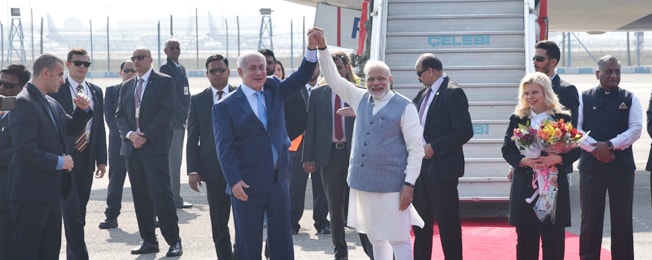
King Bibi is back! After one year in the Opposition, Benjamin Netanyahu, a close friend of Prime Min.....

Political instability is an integral and inseparable part of Israel’s landscape. For the fifth.....

Even by the Israeli standard of coalition fragility, the Bennett-Lapid government, which completed o.....

Soon to enter its fourth month, the Russian invasion of Ukraine has made irreversible damages to glo.....

The visit of Israeli Prime Minister Naftali Bennett to India scheduled for last week had to be cance.....
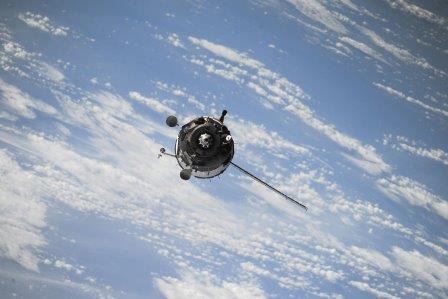
The drone attack on Abu Dhabi on Monday (January 17) by the Houthi rebels marks a major escalation o.....
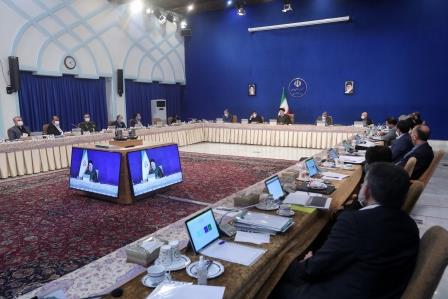
Of late, Israel-Iran shadow-boxing has been getting ominous. If Israel’s diplomatic offensive .....

In early November, Moscow hosted Mohammed Dahlan, a former right-hand man of Palestinian leader Yass.....

Nearly three decades after Prime Minister P V Narasimha Rao broke from the past and normalised relat.....

In several ways, the Taliban takeover of Afghanistan can be a game-changer in India’s worldvie.....

The Taliban takeover and its fallout exposed the limited diplomatic space for India in its immediate.....

Given the travel restrictions, local lockdown and sluggish economic revival, that over three lakh pe.....
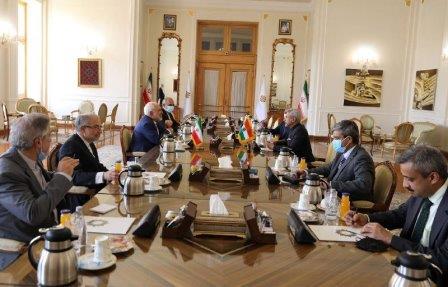
Since 2005, some critical decisions over Iran have been taken by the MEA’s US Division. So que.....
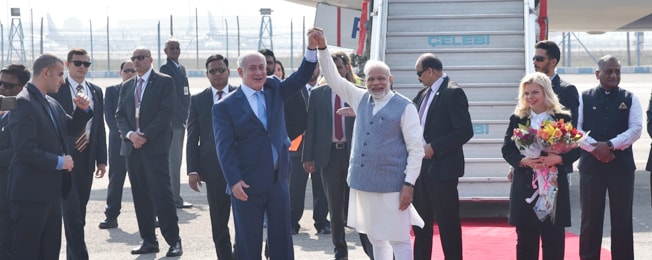
“Bibi dethroned”. This is the expression used in the Israeli media to describe the forma.....

Despite having a woman prime minister in Golda Meir, female political representation in Israel has n.....

The most interesting aspect of the new Bennett-Lapid government in Israel is the emergence of Mansou.....

When it comes to mediating international crises, India’s track record is a mixed bag. In recen.....

Going by the Israeli media, it is clear that the arm-twisting by the Biden Administration forced the.....

Indeed, Hamas is better placed today than it was in January 2006 and the current round of violence i.....

While the international community wants de-escalation and an early end to the conflict, the chances .....

Ending the past silence, US President Joe Biden marked the Armenian Genocide Remembrance Day of Apri.....

The visit of Foreign Minister of Bahrain Abdullatif bin Rashid Al Zayani to India during 6-8 April r.....
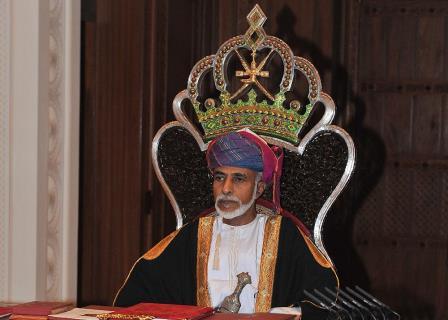
By posthumously bestowing the Gandhi Peace Prize for 2019 upon Sultan Qaboos of Oman, New Delhi seek.....
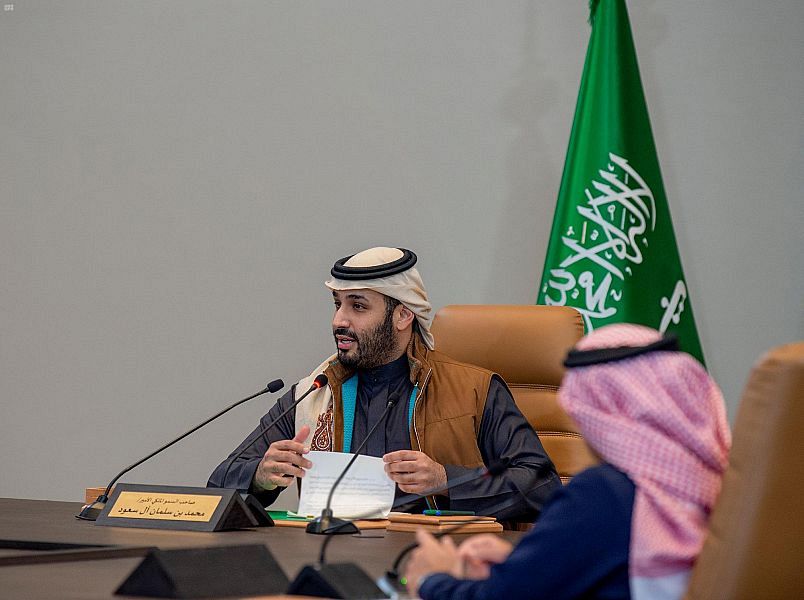
Much to the displeasure and discomfort of Saudi Crown Prince Mohammed bin Salman (more widely known .....
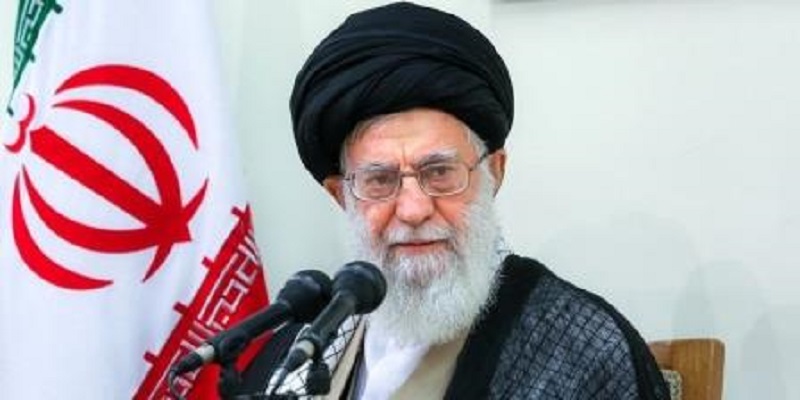
The nomination of Robert Malley, a veteran hand in Washington policy circles, as the Special Envoy f.....
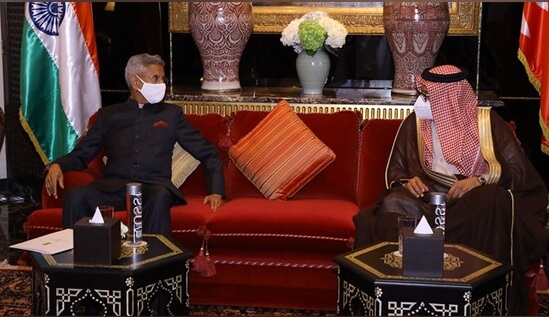
The two-day visit of External Affairs Minister S Jaishankar to the United Arab Emirates last week is.....
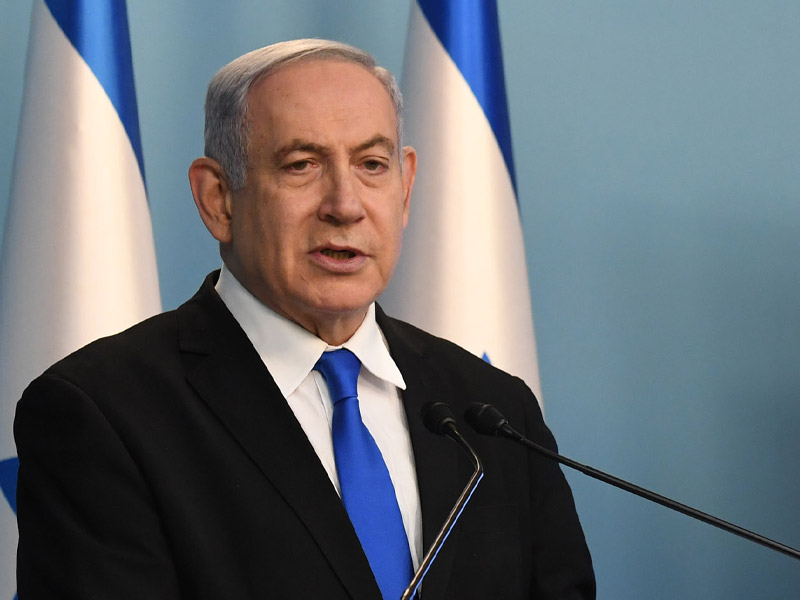
United Arab Emirates’ (UAE) decision to normalise relations with Israel is the most dramatic e.....

Declaring victory moments after the polling ends has become the hallmark of Benjamin Netanyahu; and .....

Israel went to polls for the 23rd Knesset on 2nd March. The third parliamentary elections within one.....
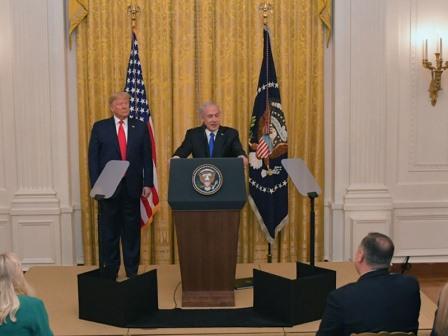
With possible removal from office hanging over their heads, US President Donald Trump and Israeli Pr.....

US Secretary of State Mike Pompeo’s sudden and unexpected announcement regarding Israeli settl.....

US President Donald Trump’s decision on imposing sanctions on Turkey has rocked the ever-turbu.....
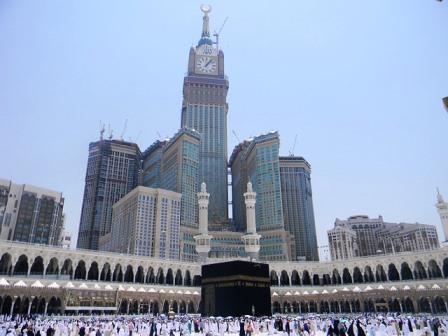
Prime Minister Narendra Modi’s two-day visit to the Kingdom of Saudi Arabia this week highligh.....

Prime Minister Narendra Modi's reported decision to postpone a planned visit to Turkey comes a c.....
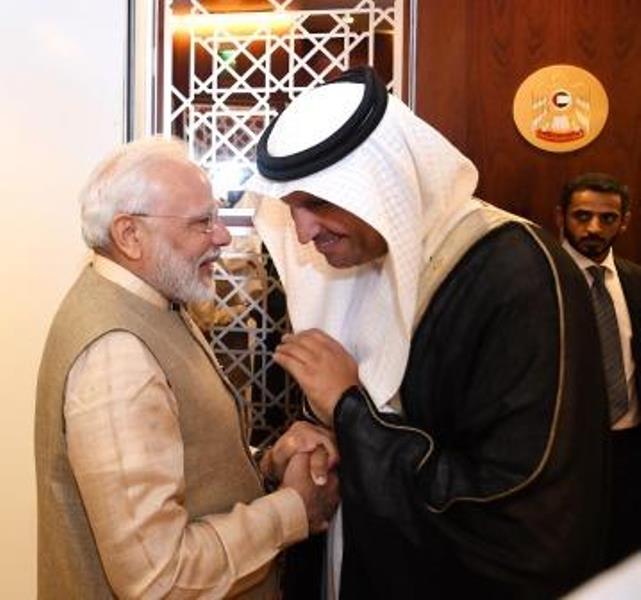
With the sole and notable exception of Pakistan, India's relations with the wider Islamic world .....
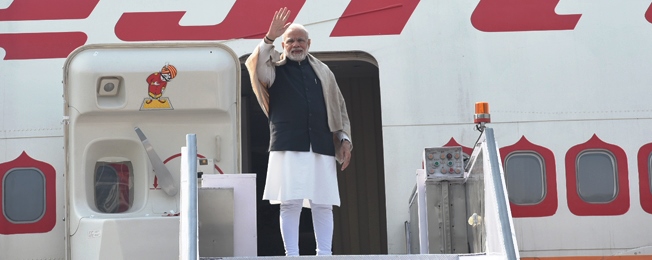
For a long time, India’s relationship with its extended neighbourhood in the Persian Gulf was .....

The Israeli legislative or Knesset election last week has turned out to be a rerun of the 9 April on.....

Will 2019 see a third Knesset election? This question is going rounds in Israel as it faces the seco.....
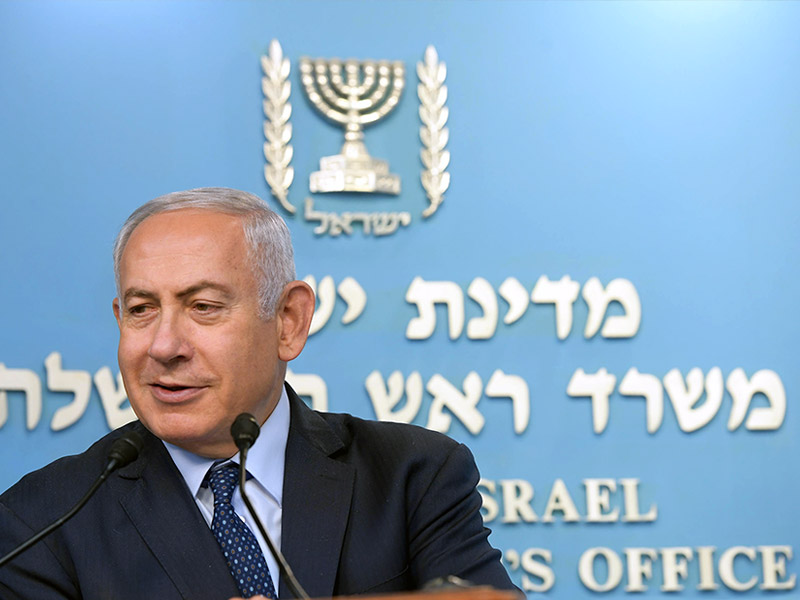
When he called Indian Prime Minister Narendra Modi to congratulate on his re-election with a landsli.....
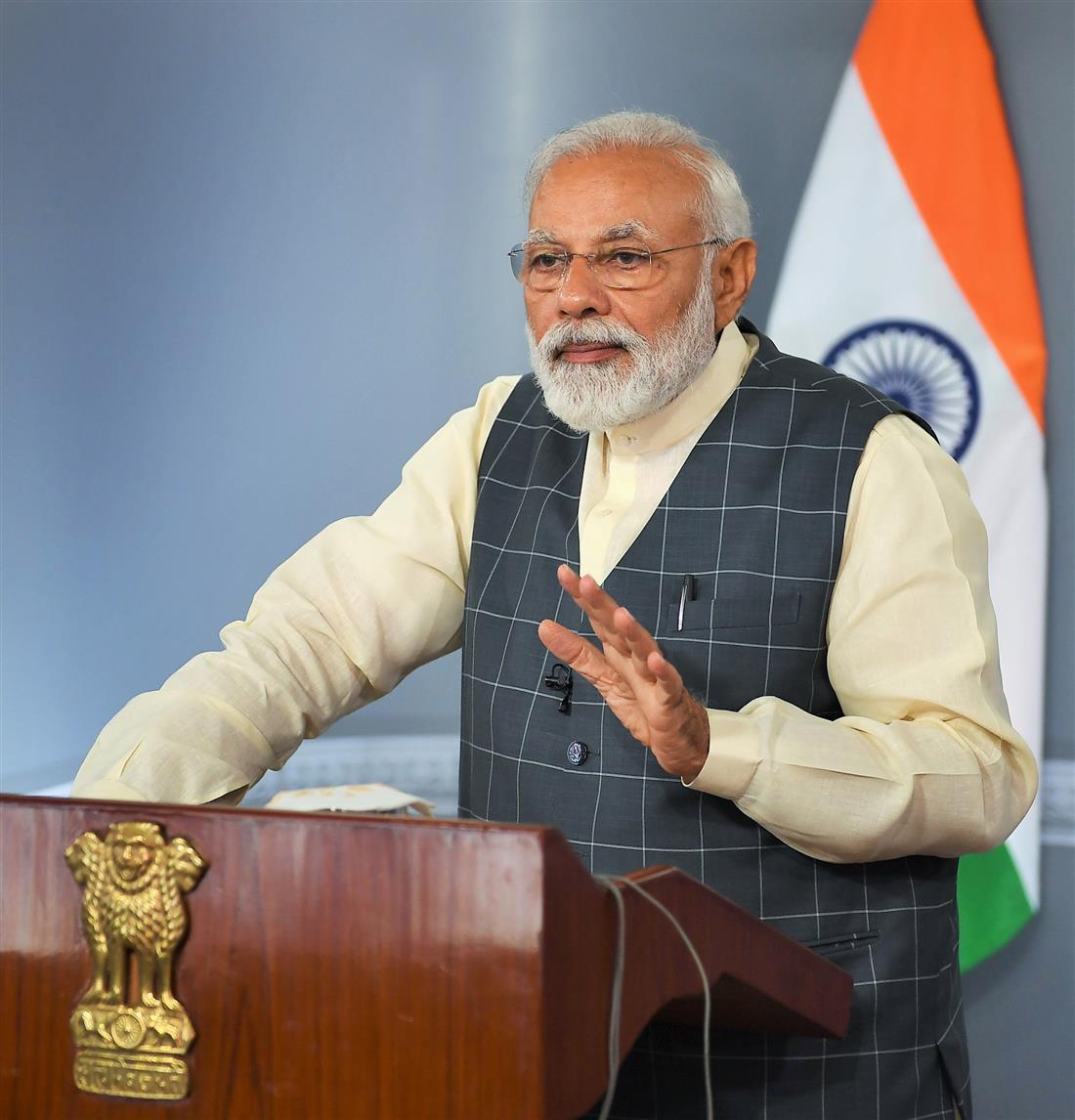
The resounding re-election of Prime Minister Narendra Modi is a blessing for India's relat.....
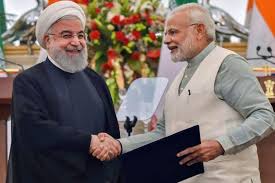
Iran is back in the news and for all the wrong reasons. It has been the unnecessary third .....
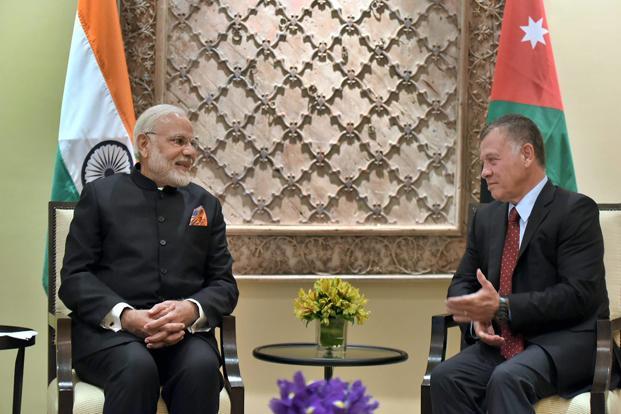
During the close to a century of its existence, the Hashemite Kingdom of Jordan has been, as former .....

In their eagerness to focus on and flag the de-hyphenation of the traditional Israel-Palestinian bin.....
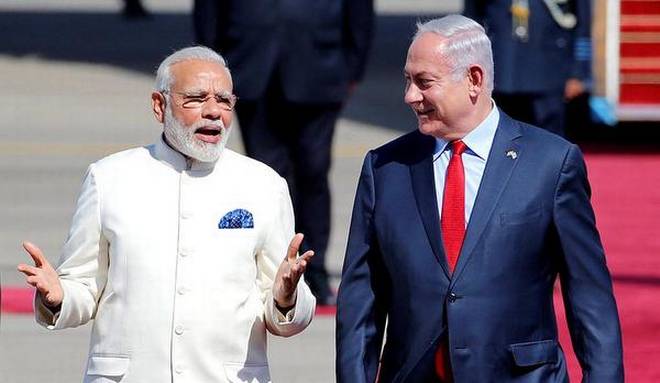
In the closely scrutinised India-Israel relationship, there is little in the public domain that rema.....

You know what, it will go to the dustbin’ my articulate friend was blunt, brutal but.....

Balfour Declaration, A Century Later If one were to make a list of the most influential.....

Professor Bernard Lewis—a towering personality on the Middle Eastern academic landscape—.....

B orn in Poland on 2 August 1923, Szymon Persk who later Hebraised his name as Shimon Peres was the leader.....
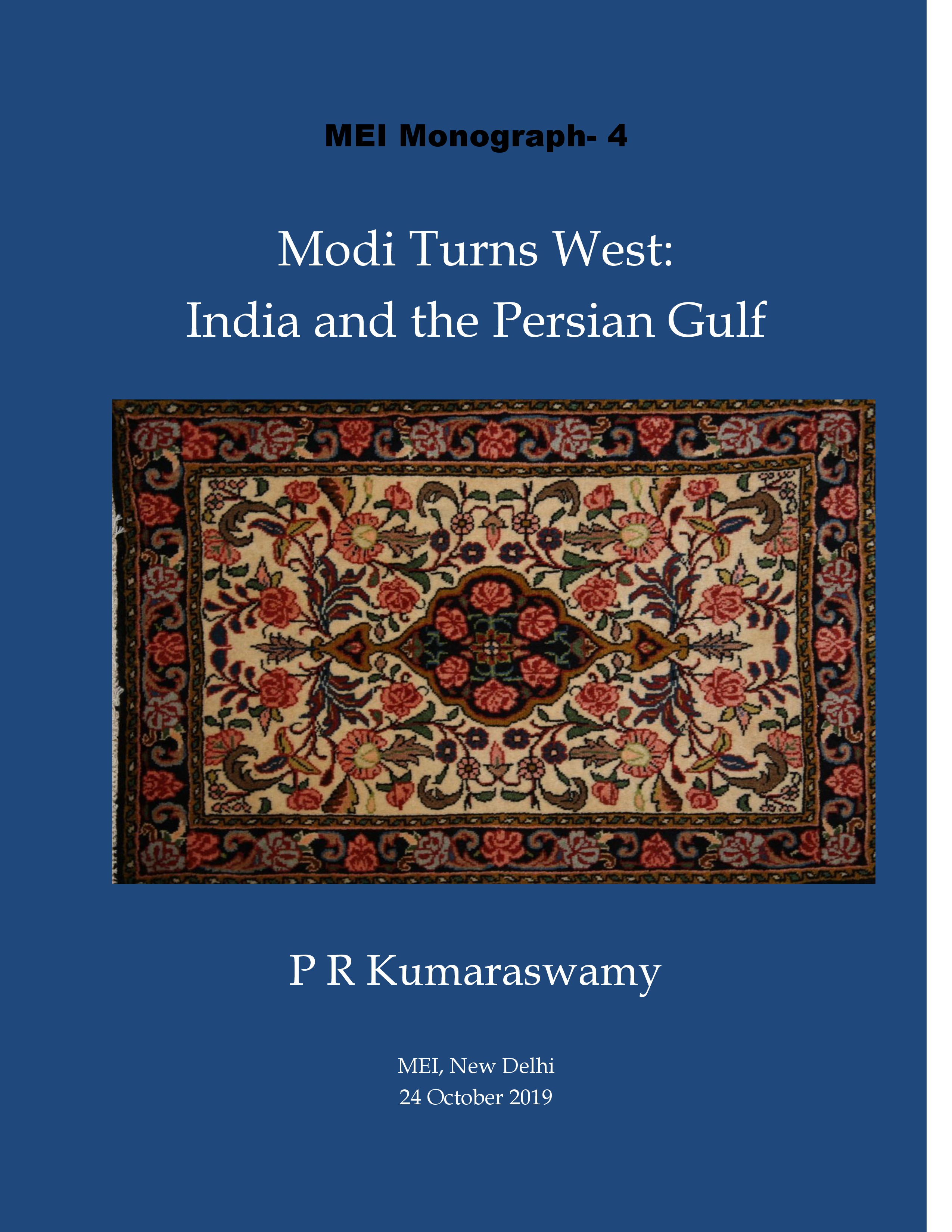

W hat What began as a protest by a marginalized vegetable vendor in Sidi Bouzid in Tunisia soon spread lik.....
